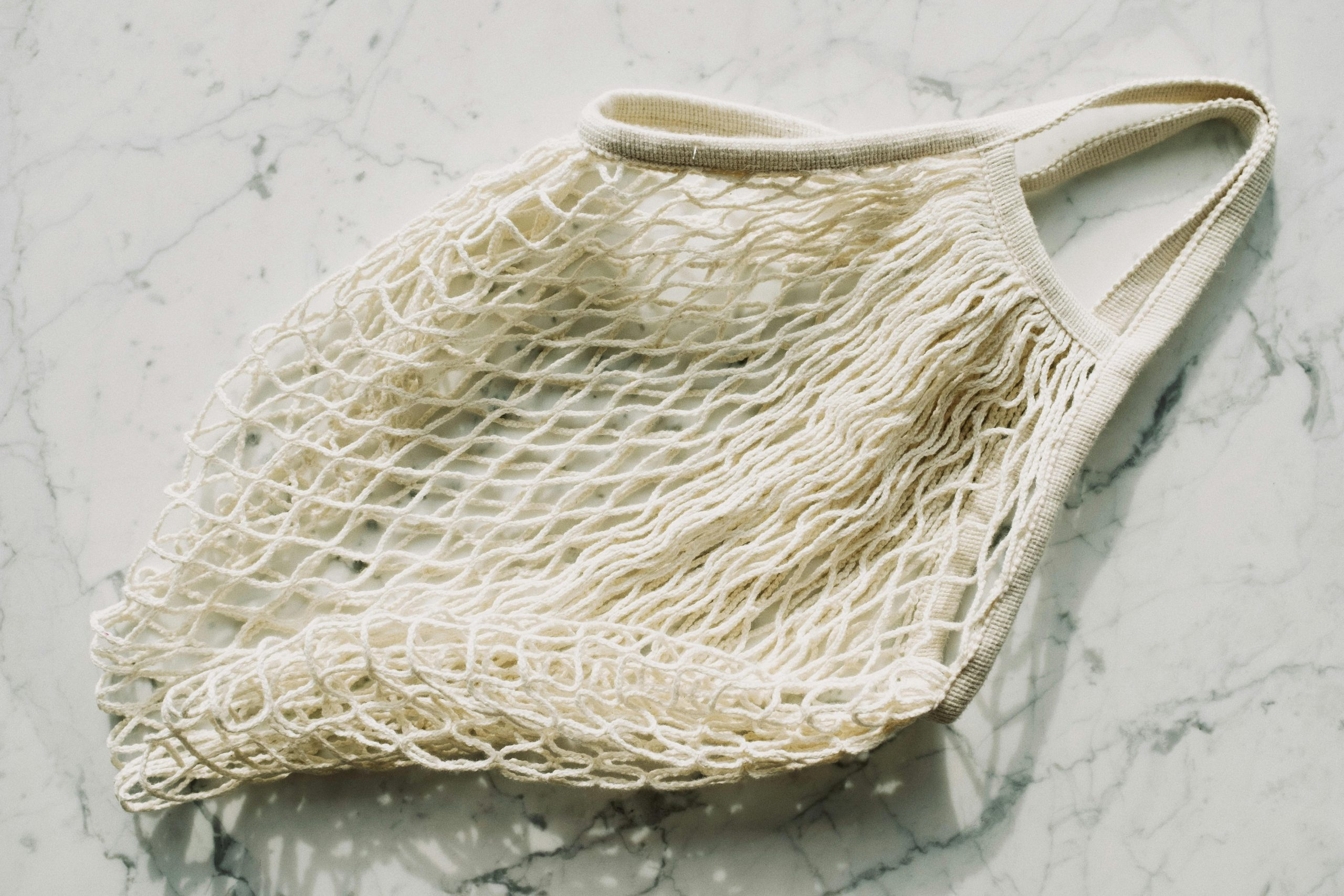The Best Sustainable Swaps for an Eco-Conscious Accessory Collection
In today’s world, consumers are becoming increasingly conscious of the impact their purchases have on the environment. One industry in particular that has been under scrutiny for its harmful practices is the fashion industry, specifically accessories. From plastic pollution to unethical labor practices, there are many reasons why people are looking for more sustainable options when it comes to their accessory collections. Thankfully, there are a variety of sustainable swaps that can be made to create a more eco-conscious accessory collection. In this article, we will explore the best sustainable swaps for an eco-conscious accessory collection.
Invest in Ethical Materials
When it comes to sustainable accessory options, the first thing to consider is the material used to make the product. A switch to more ethical and sustainable materials can significantly reduce the environmental impact of your accessory collection. Some of the best options include organic cotton, bamboo, and recycled materials such as plastic, glass, or metals. These materials not only have a lower carbon footprint, but they also help reduce waste and pollution from the manufacturing process.
Organic Cotton
Organic cotton is grown without the use of synthetic fertilizers and pesticides, making it less harmful to the environment. It also uses less water and energy compared to traditional cotton. When purchasing accessories made from cotton, look for the Global Organic Textile Standard (GOTS) certification to ensure the product is truly organic.
Bamboo
Bamboo is a highly sustainable and fast-growing plant that does not require pesticides or fertilizers to thrive. It also has natural antibacterial properties, making it great for items like socks and handkerchiefs. Look for accessories made from bamboo that are certified by organizations such as OEKO-TEX or by the Forest Stewardship Council (FSC) to ensure they are sustainably sourced.
Recycled Materials
Recycled materials are another great option for eco-conscious accessory collections. They help reduce waste and pollution by using materials that would have otherwise ended up in landfills. Products made from recycled materials can include anything from sunglasses and jewelry made from recycled plastic, to backpacks made from recycled water bottles, or even shoes made from recycled rubber. Look for certifications such as the Global Recycle Standard (GRS) to ensure the authenticity of the materials used.
Choose Quality Over Quantity
One of the biggest issues with the fashion industry, including accessories, is the idea of fast fashion. This encourages consumers to constantly buy new and cheap products, leading to a cycle of overconsumption and waste. To create a more sustainable accessory collection, focus on buying quality items that will last a lifetime. This not only reduces waste but also saves money in the long run. When purchasing accessories, look for products made from durable materials and pay attention to the craftsmanship and construction of the item.
Support Sustainable Brands
Supporting sustainable brands that have a strong commitment to ethical and sustainable practices is another way to create an eco-conscious accessory collection. These brands often use sustainable materials, have transparent supply chains, and ensure fair labor practices. They also tend to have a smaller carbon footprint and give back to environmental causes. Look for certifications such as B Corp, Fairtrade, or Fair Wear Foundation to ensure the brands you are supporting are truly sustainable.
Practice Conscious Consumption
Another important aspect to consider when building an eco-conscious accessory collection is practicing conscious consumption. This means being mindful of your purchases and their impact on the environment. Think about whether you really need the item and its longevity. Avoid impulse buying and instead, consider borrowing or buying second-hand from thrift stores or online marketplaces. You can also repurpose old accessories or donate them to charities, avoiding them from ending up in landfills.
In Conclusion
In today’s society, being eco-conscious is more important than ever. By making sustainable swaps, choosing ethical materials, supporting sustainable brands, and practicing conscious consumption, you can create an eco-conscious accessory collection that not only benefits the environment but also aligns with your values as a consumer. So next time you’re in need of a new accessory, remember to consider the impact of your purchase and make a sustainable choice.










